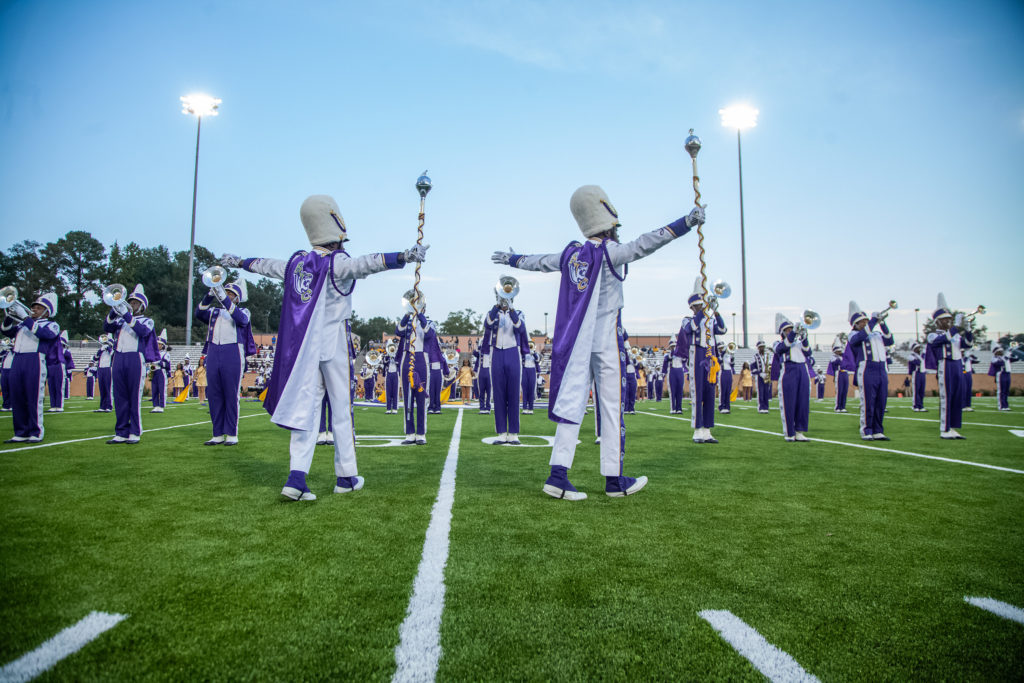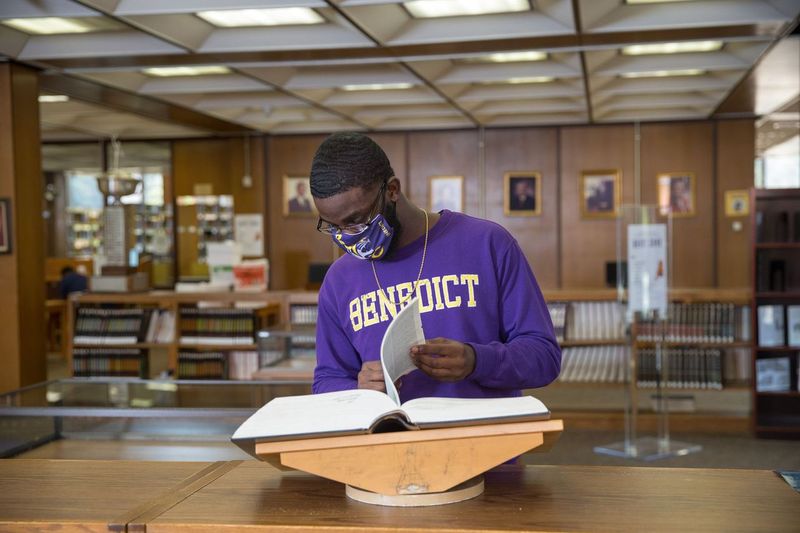Why Choose an HBCU?
Department Contact
1600 Harden Street
Columbia, SC 29204
Columbia, SC 29204
803-253-5000
Office Hours
9:00AM - 5:00PM




